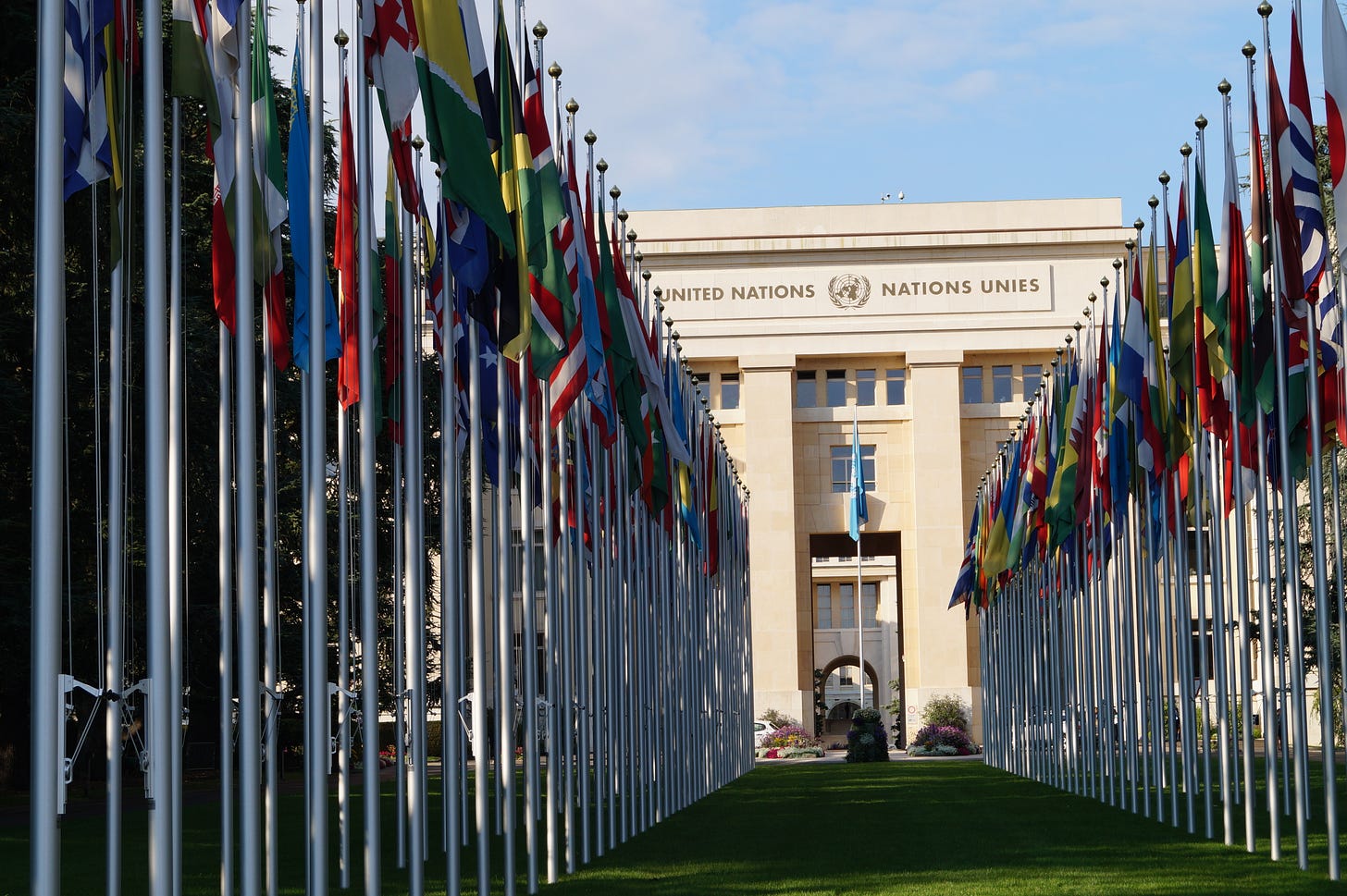Security Briefing: October 2025
A Global Review of Security and Stability
Dear readers,
Welcome back! I hope you all had a wonderful Halloween and are looking forward to the coming holiday season. This month’s security briefing covers global developments across October 2025, offering a wide-angle view of how the world’s crises are converging and what they mean for U.S. national security, democratic institutions, and the balance of power in an increasingly unstable world.
October was defined by a resurgence of geopolitical brinkmanship: renewed Russian offensives in Ukraine, escalating U.S. military involvement in Latin America, tenuous steps toward de-escalation in the Middle East, and a deepening domestic crisis at home marked by a paralyzed government and rising inflation. Each of these stories connects to a larger pattern: the erosion of America’s credibility as a stabilizing force abroad and the corrosion of its democratic institutions at home.
Russia and Eastern Europe
The line of contact between Russian and Ukrainian forces in eastern Ukraine remained largely static through October, though kinetic activity intensified significantly. Russian advances into and around the city of Pokrovsk suggest Moscow is attempting to revive its stalled campaign in Donetsk Oblast. While Russian state media has declared Pokrovsk a “cauldron,” on-the-ground reporting indicates a far more limited operation. Approximately 250 Russian troops are believed to be operating inside the city, relying on light vehicles and small-unit tactics rather than the massive artillery barrages that characterized the war’s earlier phases.
The Ukrainian military has redirected manpower and resources toward stabilizing the Pokrovsk sector. This adaptation of shifting to more flexible, small-scale defensive operations reflects the hard lessons of nearly three years of attritional warfare.
Two major developments away from the battlefield had a significant impact on the conflict over the past month. The first was the Trump administration’s short-lived offer to supply Ukraine with Tomahawk missiles, which was rescinded after a phone call between Trump and Putin just before President Zelenskyy’s White House visit. Trump’s vacillation reflects his chronic deference to Putin and an unwillingness to sustain policies that might anger Moscow. Whether the original offer was ever a serious policy proposal or simply off-the-cuff bluster remains unclear. Additionally, the Trump administration announced a reduction in American forces stationed in Eastern Europe. While the US military has stressed that this is part of a normal rotation of forces, European NATO members have expressed concern over this decision.
The second major event was the U.S. Treasury Department’s announcement of expanded sanctions on Russian energy firms. Early indicators suggest the measures have shaken Russia’s oil and gas sector, jeopardizing the Kremlin’s war financing and threatening long-term export viability. The key question now is whether the administration will maintain this pressure or once again retreat in response to Russian charm offensives.
Why It Matters:
Russia remains trapped in a grinding war that it cannot win but refuses to end. Trump’s inconsistencies erode deterrence, invite Russian escalation, and signal to allies that U.S. policy may shift with a single phone call from Moscow, all of which incentivizes Putin to remain in an increasingly costly war. Sustained oil and gas sanctions could strangle Russia’s war machine if Washington stays the course; whether Trump would commit to such an action remains to be seen.



